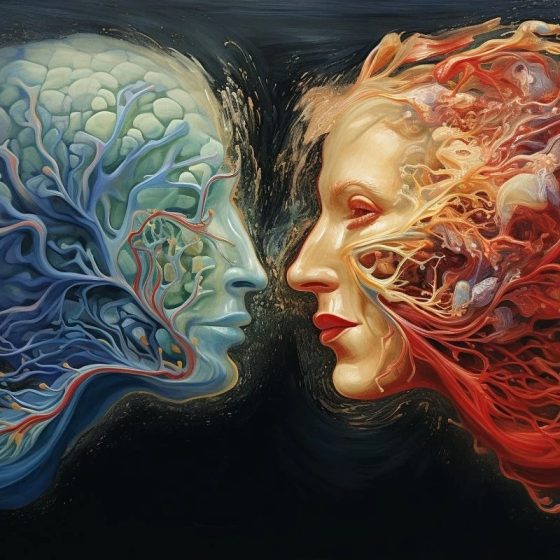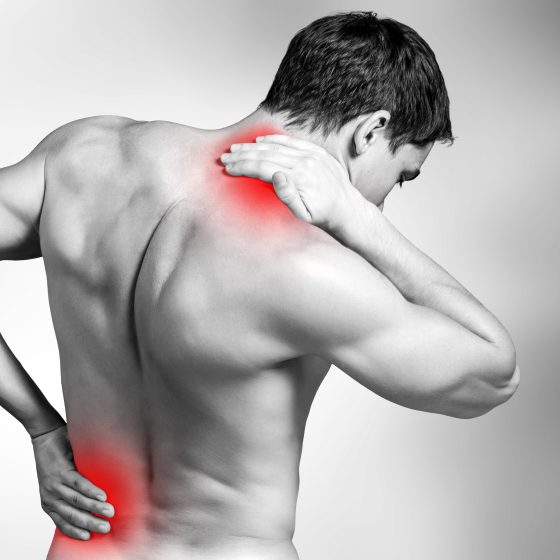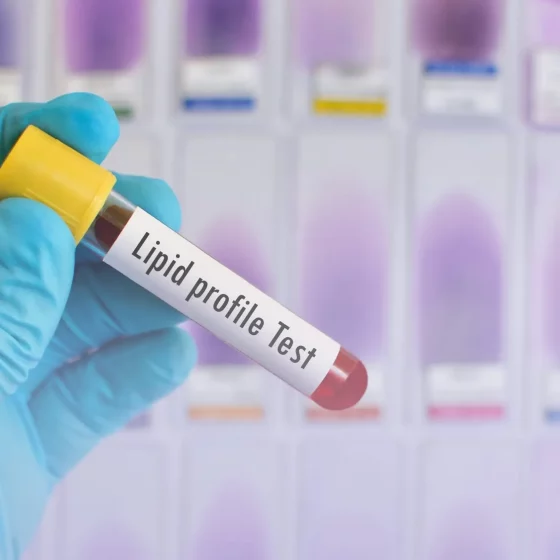Psychosis
Key facts People with psychosis cannot tell what is real and what is not. They may have hallucinations, like hearing voices that don’t exist, or delusions, where they have false beliefs about themselves or the world. Psychosis can be caused or triggered by certain mental illnesses and/or drug use in vulnerable people. Depending on the cause, psychosis can be treated with a combination of medicine, psychotherapy and/or community support. If you or someone close to you is experiencing psychosis, seek urgent medical attention. What is psychosis? People with psychosis (also known as a ‘psychotic episode’) cannot tell what is real









